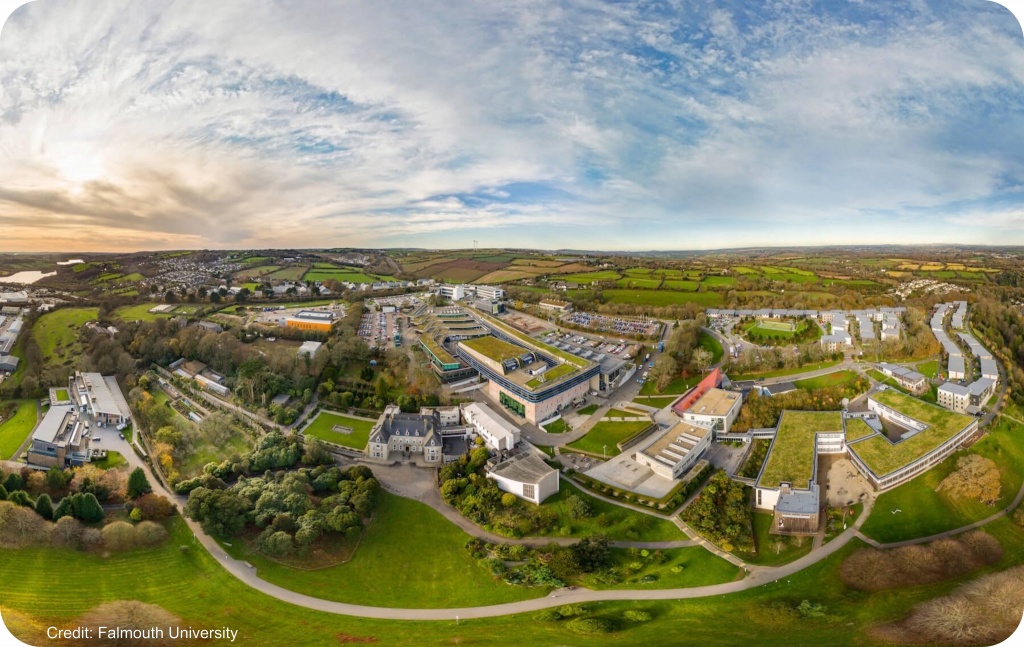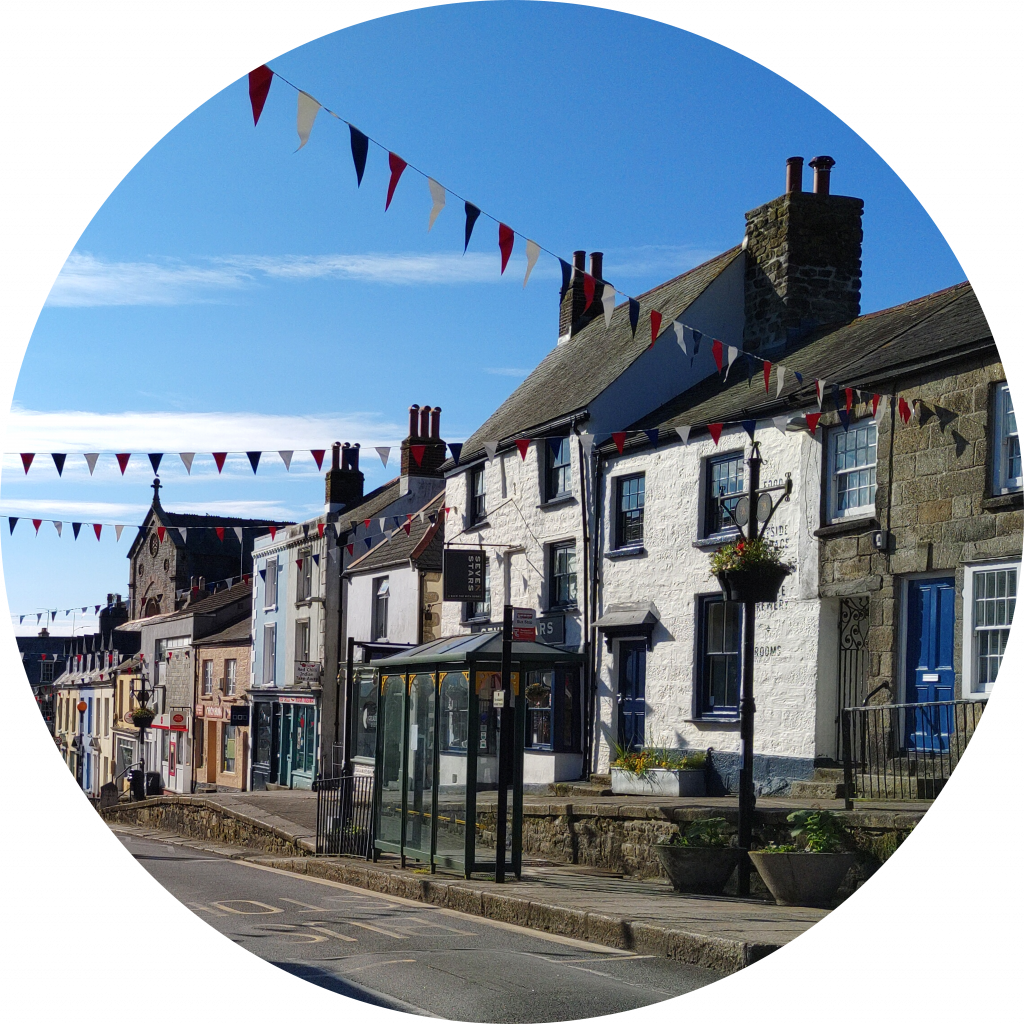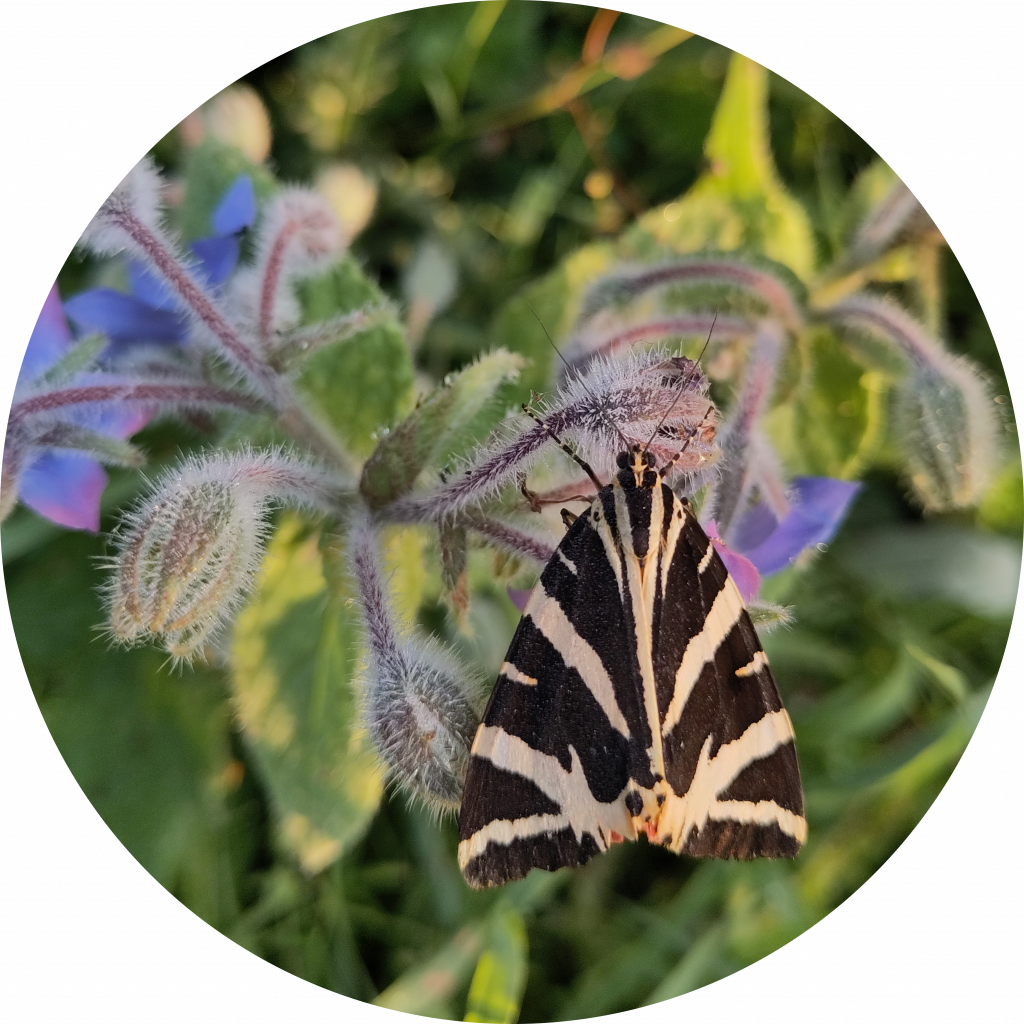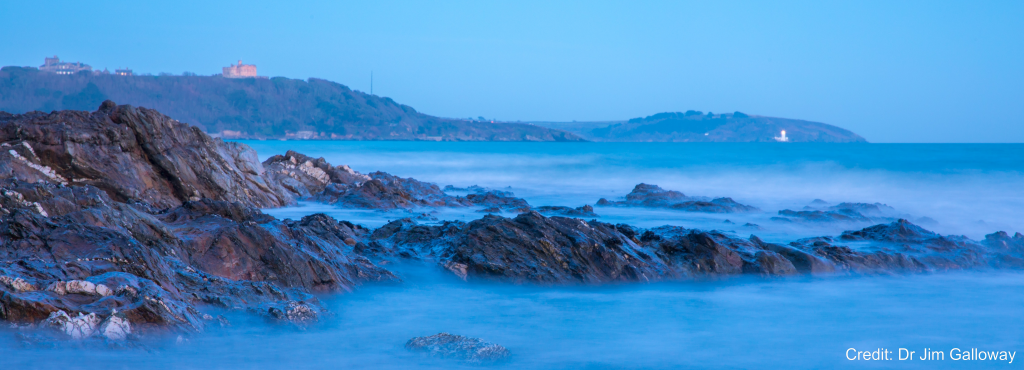
We are delighted to host the inaugural symposium for the Status of Insects RCN’s Light Pollution Working Group, chaired by Avalon Owens (Rowland Institute, Harvard) and Brett Seymoure (University of Texas at El Paso).
Insect populations are undergoing significant declines, and artificial light at night has been identified as a potentially major – but often poorly understood – threat to insect biodiversity and ecosystem functions. Our international symposium, the first of its kind, aims to bring together leading researchers, conservationists, policy makers, NGOs, and those working in industry, both locally and globally. We will aggregate existing knowledge concerning the direct and indirect consequences of artificial light at night for insect biodiversity and will use workshops and an expert scan of future research priorities to explore new avenues to reduce the ecological impact of light pollution.
The symposium will take place from 12th to 14th May 2025, at the University of Exeter’s Penryn campus (Cornwall, UK), and will include:
- An opening evening reception on 12th May, with a keynote lecture by Prof. Kevin Gaston, on Penryn campus
- Academic talks on 13th May and workshop sessions on 14th
- Collaborative work on an expert scan of future research priorities (see below)
- Opportunities for researchers and other parties interested in light pollution, from conservation NGOs to industry, policy and social sciences, to connect, exchange ideas and develop partnerships
- Social activities including moth-trapping on campus and night-time rockpooling at Castle beach, Falmouth
- A closing conference dinner hosted at Princess Pavilions in Falmouth on 14th May
Registration is free, and includes a drinks reception on 12th May, lunches and coffee breaks on 13th and 14th, and the conference dinner. We are exploring options to make this a hybrid event, with at least some of the sessions available online. Please record whether you would like to attend in-person or remotely when registering below.
Presentations and workshops
If you would like to present an academic talk, please submit your abstract when registering below – we expect talks to be around 10 minutes long, including time for questions, but will update this based on demand.
Workshops will be geared towards future research questions in the field – please check back soon for details of workshop themes.
A provisional programme and abstract booklet will be published on this website as soon as possible, and all registered participants will receive email updates.

Expert scan for future research priorities
During the symposium, we will also work together towards a collaborative review – an expert scan on the most pressing and important questions that need to be answered in order to advance understanding of how light pollution drives declines in some or all insects, as well as insect-friendly practices. We are adopting a modified Delphi approach, which involves surveying experts (you!) before the workshop takes place, then discussing and ranking our ideas together – see the form below for more details. To take part, please submit an initial response by 11th March – anyone who submits a response will qualify for authorship of the resulting paper.
Registration and abstract submission are now open !
FINAL DEADLINE EXTENSION – contributions for the expert scan accepted until 7pm GMT on 22nd March!
Please register for the conference by 21st March.
Our location
The University of Exeter’s Penryn campus, shared with leading creative arts institution Falmouth University, is located in Cornwall, at the south-west tip of the UK, in the small town of Penryn. The campus has a strong focus on environment and sustainability, with a large number of researchers focusing on animal behaviour, ecology and conservation, and a long history of research in the field of light pollution in particular.


From rugged coastal paths and sandy beaches to moorland, Cornwall is rich in natural beauty and wildlife. You can also visit two International Dark Sky Parks in the area, at Bodmin Moor and West Penwith. Closer to the campus, Falmouth is a lively and popular seaside town, with beaches full of coastal and marine life, as well as many pubs, cafes and restaurants. Penryn campus itself is surrounded by award-winning grounds, where our students have recorded over 400 species of moths.

Getting here
Penryn campus is 5-6 hours from London by car or train, but has good public transport links from London, Bristol and other cities in the UK, by coach and rail. Please see here for details about public transport options.
For international visitors flying into London, or travelling there by train, there are train services to Penryn and Falmouth via Truro from London Paddington, including an overnight sleeper service. Alternatively, the closest airport to the campus is Newquay airport, just 45 minutes away by car – this is especially convenient for flights from the US via Dublin. Please let us know at registration if you are travelling via Newquay, or contact us later, and we can arrange some shared taxis to facilitate the journey from Newquay to Penryn & Falmouth.
Most accommodation will be in the town of Falmouth, just down the road from Penryn. There are regular bus services directly between Falmouth and Penryn campus, as well as trains between several stations in Falmouth and Penryn, with a 15-minute walk to campus from there.
Any questions or queries, please contact Emmanuelle Briolat, esb204@exeter.ac.uk





